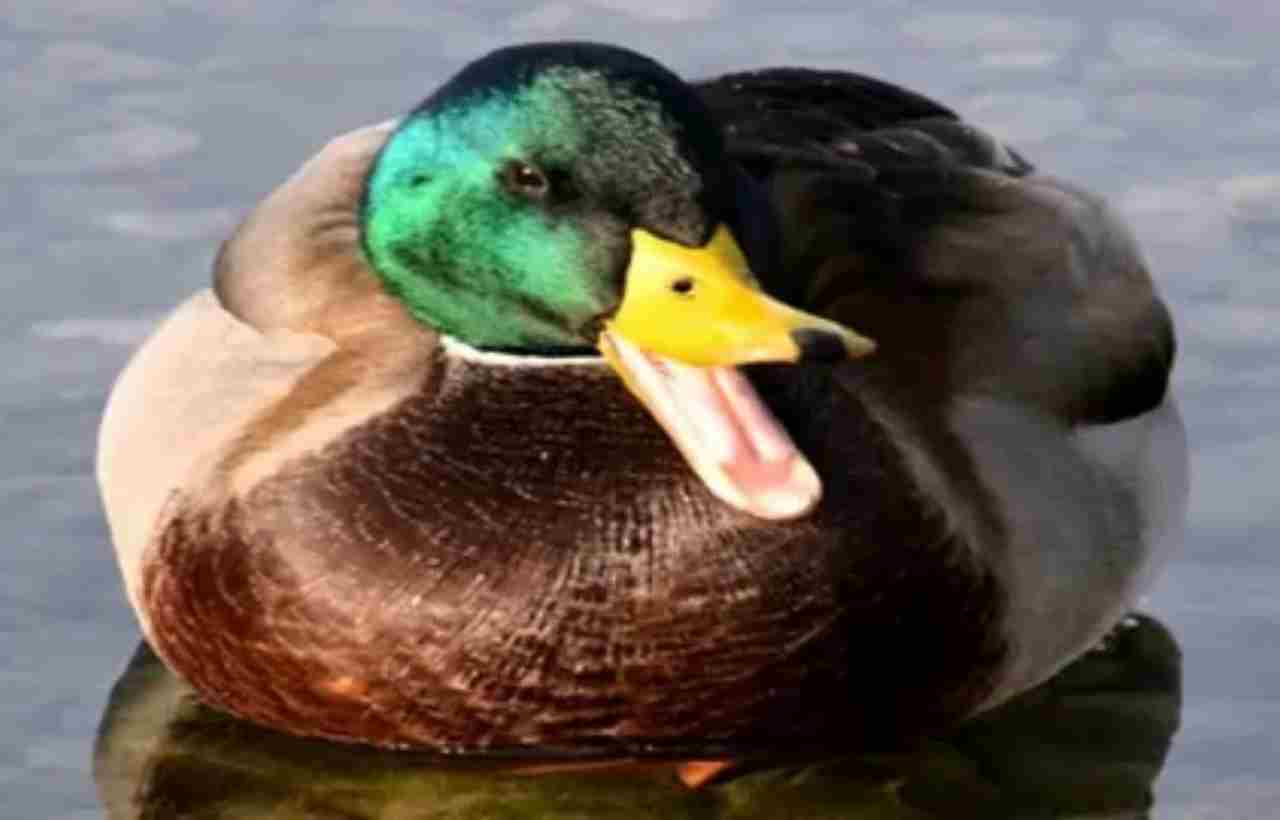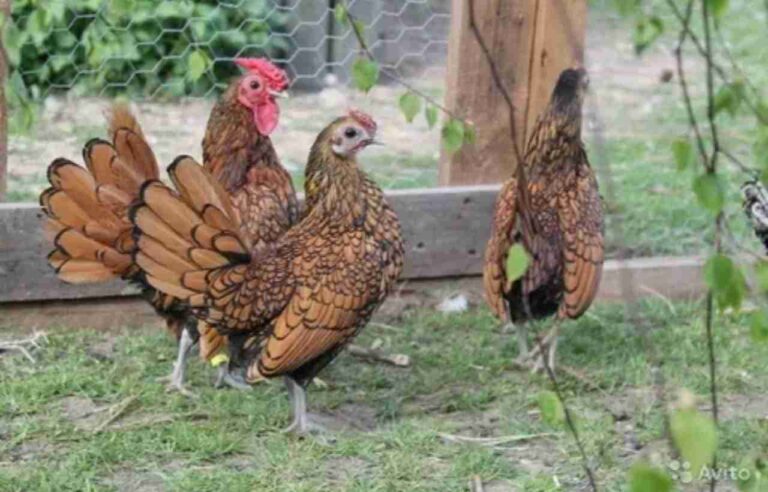How Do Ducks Cry? Understanding Their Vocalizations and Emotions
Ducks are fascinating creatures known for their charming quacks and playful behavior. However, many people wonder, how do ducks cry? Do they cry tears? And why do ducks cry in the first place? In this article, we will explore the vocalizations of ducks, their emotional expressions, and the reasons behind their “crying.”
Do Ducks Cry Tears?

Understanding Duck Anatomy
Before delving into the emotional expressions of ducks, it’s essential to understand their anatomy. Ducks, like many other birds, do not cry tears the same way humans do. They possess a specialized system for dealing with moisture in their eyes, which is quite different from human tear production.
| Feature | Description |
|---|---|
| Tear Ducts | Ducks have tear ducts that help lubricate their eyes. |
| Salt Glands | Located near their eyes, these glands excrete excess salt from their bodies. |
| Eye Structure | Ducks have a nictitating membrane that protects their eyes while swimming. |
The Myth of Duck Tears
While ducks do not cry tears as humans do, they can produce moisture around their eyes for lubrication. This moisture is not an emotional response but rather a physiological function. Therefore, the phrase “do ducks cry tears” is somewhat misleading. Ducks may appear to have tears, but this is not indicative of emotional distress.
How Do Ducks Cry?

Vocalizations of Ducks
Ducks express their emotions through vocalizations rather than tears. Their quacking is a primary form of communication, and various sounds can indicate different feelings or situations.
| Vocalization | Meaning |
|---|---|
| Quacking | General communication among ducks. |
| Whining or Whistling | Signs of distress or discomfort. |
| Low Grunts | Comfort or contentment. |
| High-Pitched Calls | Alarm or warning signals. |
Emotional Expressions
Ducks can express a range of emotions through their vocalizations and body language. When we ask, “how do ducks cry?” we should focus on these expressions rather than tears. Here’s how ducks convey their emotions:
- Distress: When ducks are in distress, they may produce high-pitched calls or whining sounds. This could be due to environmental stressors or threats in their surroundings.
- Comfort: Ducks that feel safe and secure may emit low grunts or soft quacks. These sounds indicate contentment and relaxation.
- Fear: If a duck perceives a threat, it may make loud quacking noises to alert others and signal danger.
- Mating Calls: During mating season, male ducks may produce unique calls to attract females, showcasing their readiness to mate.
Why Do Ducks Cry

Reasons Behind Duck Vocalizations
When we ponder “why do ducks cry?”, we must consider several factors that influence their vocal behavior. Here are some common reasons:
- Social Interaction: Ducks are social animals that rely on vocalizations to communicate with one another. They may quack to establish their presence or to maintain group cohesion.
- Mating Behavior: During the breeding season, ducks may call out to attract potential mates. This vocal behavior is part of their reproductive strategy.
- Fear and Alarm: Ducks have a natural instinct to protect themselves from predators. Loud quacking can serve as an alarm to warn other ducks of danger.
- Discomfort or Pain: If a duck is injured or unwell, it may cry out in distress. This vocalization can signal to others that it requires assistance.
The Role of Environment
Environmental factors also play a significant role in a duck’s vocalizations. Ducks living in noisy areas may adapt their calls to be heard over background sounds. Additionally, the presence of other animals, both human and wildlife, can influence how and when ducks vocalize.
Do Ducks Cry When They Are Sad?
Understanding Duck Emotions
It’s natural to wonder if ducks experience sadness or emotional pain. While ducks do not cry tears, they do have complex emotional lives. Research suggests that ducks can experience a range of feelings, including joy, fear, and anxiety maine coon size comparison to dog.
| Emotion | Description |
|---|---|
| Joy | Ducks can show excitement by quacking and flapping their wings. |
| Fear | Signs of fear may include loud quacking and attempts to flee. |
| Anxiety | Ducks may exhibit restlessness or abnormal vocalizations when anxious. |
Signs of Distress in Ducks
If you’re observing a duck and notice changes in its behavior, it may be experiencing distress. Here are some signs to look for:
- Increased Vocalizations: If a duck is quacking more than usual, it might be feeling anxious or threatened.
- Isolation: Ducks that are feeling unwell or sad may isolate themselves from the flock.
- Changes in Eating Habits: A distressed duck may eat less or refuse food altogether.
- Aggressive Behavior: Sometimes, ducks express their discomfort through aggression towards others friesian horse price.
Caring for Ducks: Keeping Them Happy
Creating a Positive Environment
To ensure the well-being of your ducks, consider their living conditions. A happy duck is less likely to feel distressed, reducing the likelihood of excessive vocalizations. Here are some tips:
| Tip | Description |
|---|---|
| Spacious Living Area | Provide ample space for ducks to roam and explore. |
| Clean Water Source | Ensure they have access to clean, fresh water for drinking and bathing. |
| Social Companionship | Ducks are social animals; keep them in groups to prevent loneliness. |
| Safe Environment | Protect ducks from predators and environmental stressors. |
Monitoring Duck Behavior
Regularly observe your ducks for any changes in behavior. If you notice excessive vocalizations, isolation, or signs of discomfort, it may be time to assess their environment or consult a veterinarian can ducks cry.
Conclusion
In conclusion, while ducks do not cry tears like humans, they express their emotions through a variety of vocalizations and behaviors. Understanding how ducks communicate can deepen our appreciation for these charming creatures.
By providing a safe and enriching environment, we can help ensure that our ducks remain happy and healthy.So the next time you hear a duck quacking, remember that they are sharing their feelings with the world around them—whether it’s joy, fear, or a call for companionship. Ducks may not cry in the traditional sense, but their unique ways of expressing emotions remind us of the rich emotional lives of all animals.
FAQs:
Can ducks cry like humans?
No, ducks do not cry in the same way humans do because they lack tear ducts. However, they can express distress through vocalizations
What does it mean when a duck is crying?
When ducks make loud, distressed sounds, it typically indicates they are feeling threatened, scared, or uncomfortable.
Do ducks experience emotions?
Yes, ducks can experience a range of emotions, including distress and grief. They may vocalize when they are upset or anxious.
- Mexican Red Headed Bird: A Brilliant Avian Wonder - January 16, 2025
- Can Turkeys Eat Bread? - January 15, 2025
- crocodile and plover bird relationship articles for students - January 12, 2025







